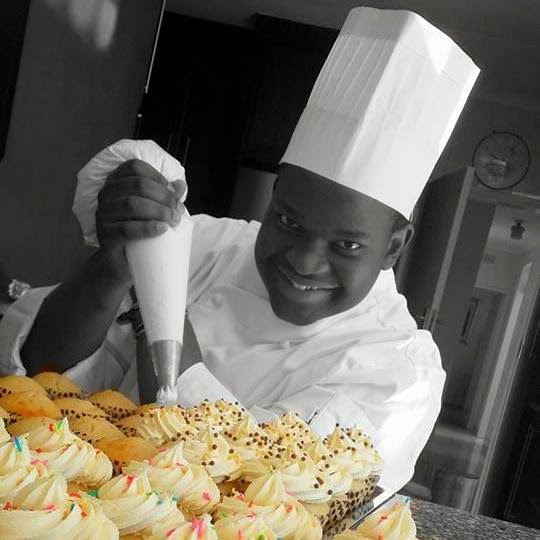 |
| Rahel Nomfundo Savina |
It is rare to find a
woman the age of Rahel Nomfumdo Savina still innocent and untouched. Rahel is
ambitious lass who dreams of being a tour guide in Egypt some day and who
habours an intense desire to live in Brazil. She is not sure that South Africa
is a decent place to live in, but surely she wants adores street hawkers.
She lives in an area
that is without role models, she says. Etwatwa, Daveyton, Benoni is a rural
settlement that sprung to the surface in the early ‘90s. But Rahel, 17, does
not allow herself to be swallowed by the inactivity of the youth and the
absence of ambition, like many of the youths are. She attends school at the
Dr.Harry Gwala High and is in grade 11. Her primary education was at Kgolagano. Thembi Masser records her virgin interview.
“I want to be a tour guide,” she says shyly. This might explain her choice of subjects: Tourism, consumer studies, business studies, maths literacy, English and Tsonga and life orientation. But the way in which the subjects were selected might have been an accident in itself. She was given a list of subjects when she pitched up for her grade 10. ‘Choose your future from this list’, she was instructed. But in the end it works well for her. “My Plan ‘B’, when I fail to become a tour guide, is to become a social worker.” This is because, she says, she wants to help orphans and grannies and take part in community projects. The other side of her, “the interesting part’, is to see the world. “I want to be tour guide in Egypt. I a;lso want to visit other places in the world. Italy, Brazil, Italy.”
“I want to be a tour guide,” she says shyly. This might explain her choice of subjects: Tourism, consumer studies, business studies, maths literacy, English and Tsonga and life orientation. But the way in which the subjects were selected might have been an accident in itself. She was given a list of subjects when she pitched up for her grade 10. ‘Choose your future from this list’, she was instructed. But in the end it works well for her. “My Plan ‘B’, when I fail to become a tour guide, is to become a social worker.” This is because, she says, she wants to help orphans and grannies and take part in community projects. The other side of her, “the interesting part’, is to see the world. “I want to be tour guide in Egypt. I a;lso want to visit other places in the world. Italy, Brazil, Italy.”
She will like to study at the Boston College or at Tshwane
Unversity (TUT).
She has, however, not done any research into the careers she
wants to pursue. At school there is no facility to learn about careers. There
is neither career guidance nor vocational guidance, she says. But she flies the
flag for Dr. Harry Gwala. “It has a proper order of doing things,” she says of
her school. “Teachers do their jobs to the best of their abilities and with due
diligence and I enjoy every minute there.” Rahel’s favourite teachers are Ms
Khoza who offers Rahel’s mother tongue Tsonga, Mr. Mazibuko (tourism) and Mr.Jele (English).
While her role model is her mother, who is self-employed,
she also vouches for street-hawkers. “They are a resilient lot. They raise
their children and built beautiful houses while they sell and toil in adverse
weather.”
There are no role models in this dump,” she grimaces.
Etwatwa is not a vibrant place to be. It is crime-ridden, too many girls opt to
have babies rather than go through a schooling process. There is no proper life
here and the people are not united and the youth is not ambitious.” She has the
same sentiment for South Africa as well. She says it is a bad place to live in;
the inhabitants maim and kill foreigners. “We are one nation as Africans but I
find that the government is handling the xenophobic attacks in a bad way.”
Rahel, who is a born free, feels that there is still a lot of discrimination
here but, the education is ok. “I am learning the things I want to know here.”
Although she is against teenage pregnancy she has a date of
two years. “We cuddle and play games,” she remarks coyly, “but then there is a
stop sign which warns us about a forbidden territory. We are still too young
and too ambitious to fiddle in that territory.”
Rahel is a singer in the church choir and she has retired
from athletics where she did short distances. She cooks and cleans at home and
dances alone while going through her chores. She lives with her mother, Maria
Alfredo Ubisi, her father, (“a good, cool guy”) Anthony Ernesto Sivana and
siblings Themba, Phillip, David, Dumisani, Nhlanhla and little Rose.
 |
| The proud, still pure a virgin Rahel in her school uniform |








.jpg)
.jpg)

